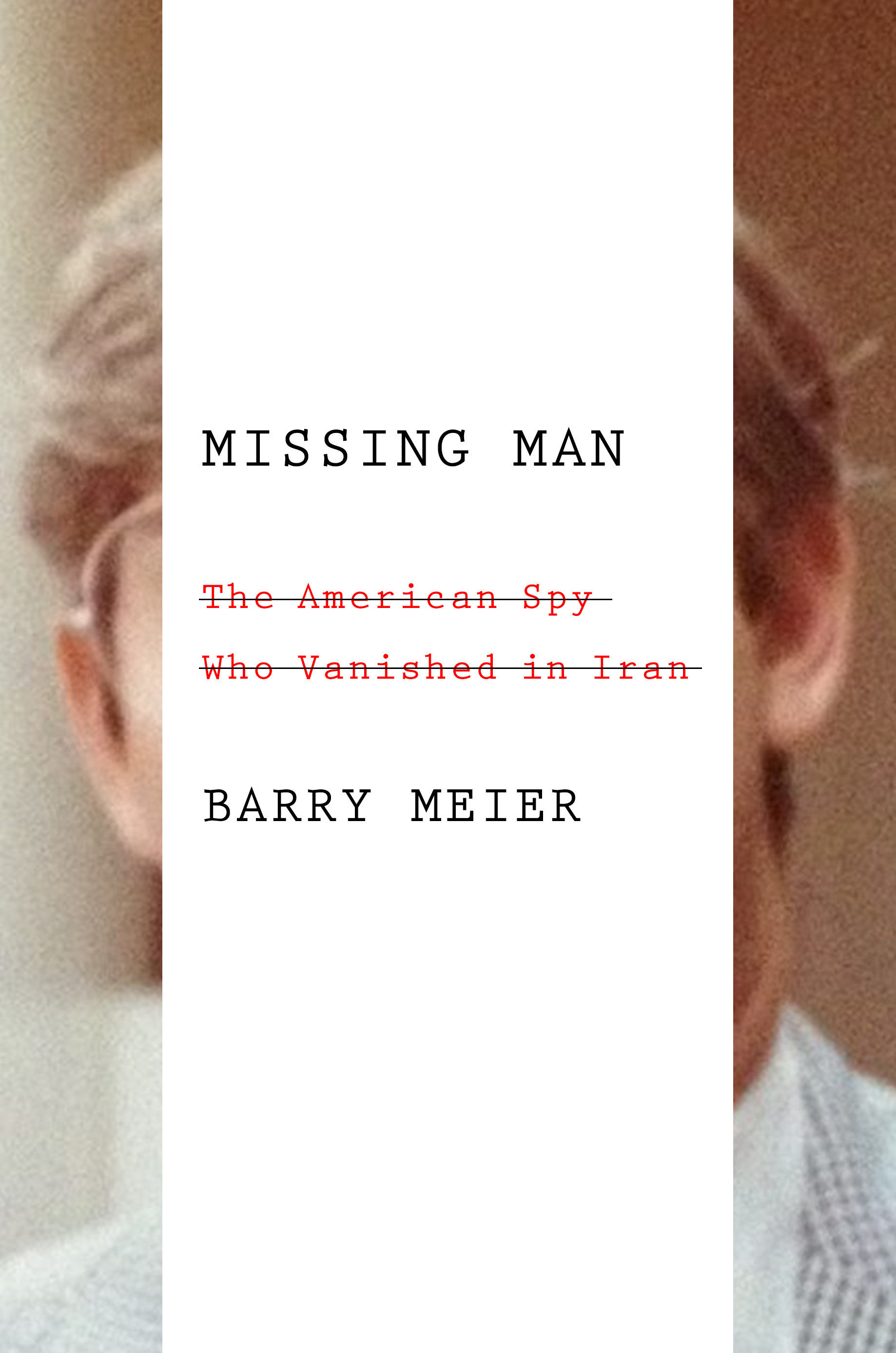In March 2007, a retired FBI agent named Bob Levinson, fretting about his income and his relevance, flew to the Iranian island of Kish. There he had arranged to meet an African-American convert to Islam known as Dawud Salahuddin, who had lived in Iran since 1980, the year he assassinated an enemy of the Islamic Republic in the foyer of a suburban Washington home. Levinson’s hope was to recruit Salahuddin as a spy, though Levinson was not one himself. He had a modest contract with the CIA, but not the part that runs agents. Things did not go well on Kish. Salahuddin was detained, and Levinson disappeared.
In Missing Man: The American Spy Who Vanished in Iran, New York Times reporter Barry Meier provides a fine-grained chronology of the so-far fruitless efforts to persuade Iran to release Levinson, efforts that take in arms dealers, the U.S. National Prayer Breakfast, Russian oligarchs and an angry Kurd. There is a good deal of fumbling and no little intrigue, but nothing as compelling as the forces that moved Levinson to take the extraordinary risk that he did. In his emails and in the accounts of others, he emerges as an aging and cash-strapped former G-man who had a bunch of kids in college, and hopes of returning to the hurly-burly by impressing his enabler at the CIA, which Levinson calls “the pickle factory.”
Constructed as a nonfiction thriller, Missing Man is at its core a tragedy, Death of a Salesman in the Persian Gulf.
–KARL VICK
More Must-Reads from TIME
- Inside Elon Musk’s War on Washington
- Meet the 2025 Women of the Year
- The Harsh Truth About Disability Inclusion
- Why Do More Young Adults Have Cancer?
- Colman Domingo Leads With Radical Love
- How to Get Better at Doing Things Alone
- Cecily Strong on Goober the Clown
- Column: The Rise of America’s Broligarchy
Contact us at letters@time.com
